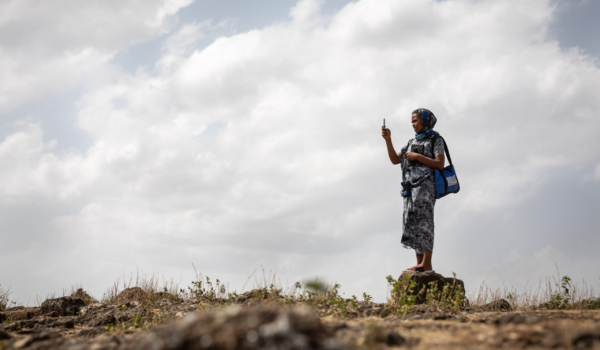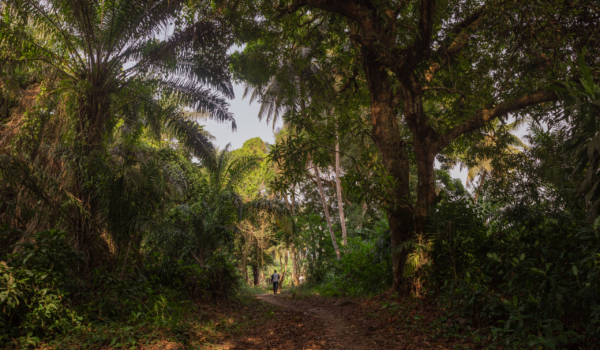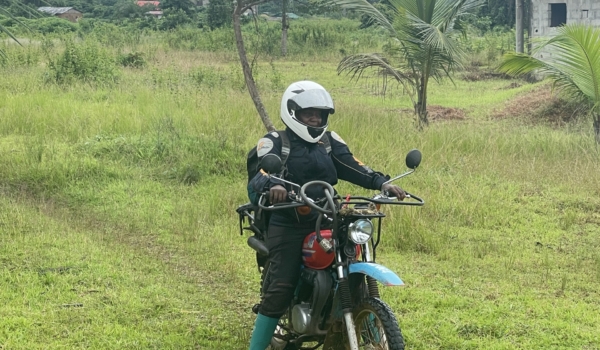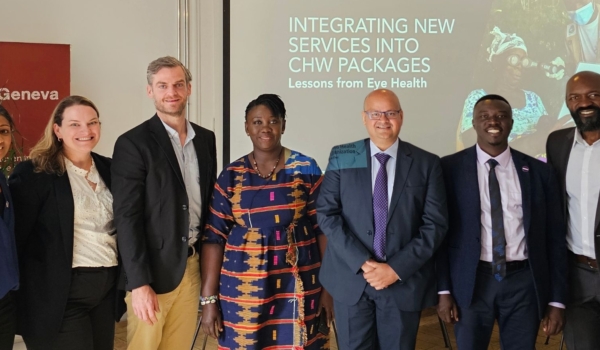By Anuoluwa Ishola
The COVID-19 pandemic has disrupted the education system globally. The United Nations reports that an estimated 1.6 billion learners in over 190 countries have been affected by the pandemic. Closure of academic institutions and other learning centers has affected more than 94 percent of the global learning population, including nearly 99 percent of learners in low and middle-income countries. Since the onset of the pandemic, we have seen widespread disruption to the conventional teaching method of in-person sessions within a classroom setting. With low and middle-income countries disproportionately affected by these disruptions, Liberia has been no exception. In response to the pedagogical shifts posed by COVID-19, the University of Liberia and the regional hub for West and Central Africa at Last Mile Health’s Community Health Academy had to find innovative ways of engaging students.
Launched in 2018, the Academy’s regional hub for West and Central Africa is embedded within the University of Liberia and is responsible for contributing to stronger community health programs in Liberia and Sierra Leone. Together, the organizations leverage digital technology to train community health workers and build the capacity of the leaders and supervisors who support them.
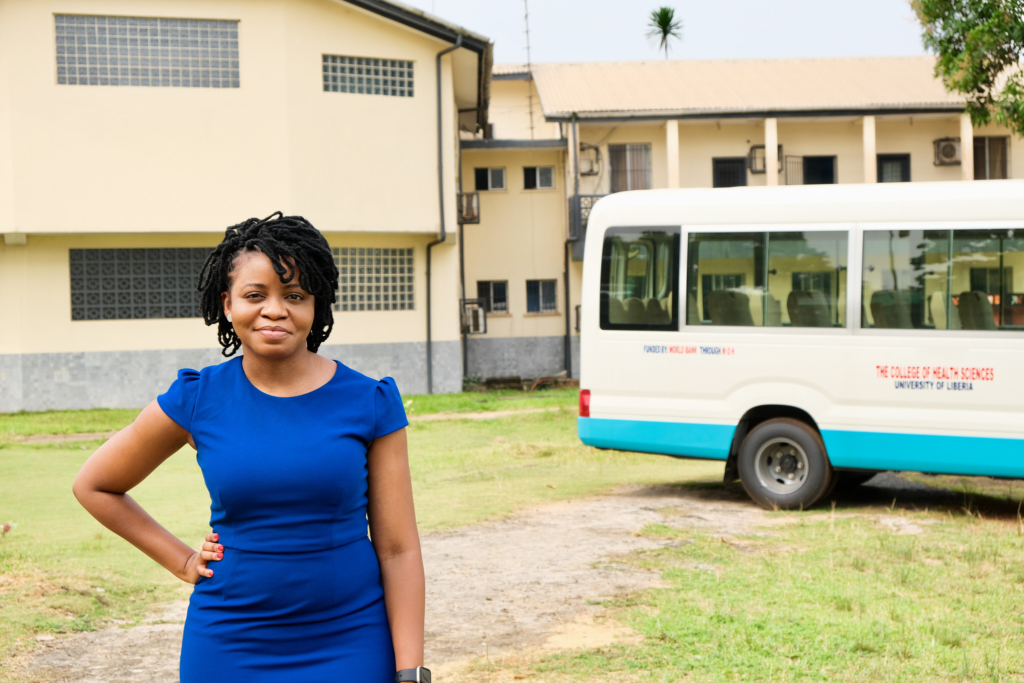
Anuoluwa Ishola, the Community Health Academy’s Regional Engagement Director for West and Central Africa, at the University of Liberia Campus.
Before the onset of the COVID-19 pandemic, the University of Liberia planned to integrate the Academy’s Strengthening Community Health Worker Programs course into in-person lectures for Master of Public Health students at the School of Public Health. But due to the pandemic, the University, in collaboration with the Academy, decided to pilot a remote learning exercise instead.
Based on the need to adapt to the current global situation, the University of Liberia decided to integrate the course into an existing public health seminar course. Key to the Academy’s strategy is a blended learning approach, meaning learners are expected to engage with the course content online as well as with live facilitated sessions. Prior research highlights that a blended learning approach improves learning outcome, creates a sense of community, and allows for effective use of resources.
The remote learning sessions required students to complete the Academy’s course online and attend virtual sessions facilitated by two Academy staff, Nowai Johnson-Gray and Lydia Bernard Jones, as well as the University’s public health seminar instructor, Dr. Odell Kumeh. Each session started by reviewing the learning objectives, followed by a breakout session—which kept the learners engaged during the sessions, allowed for peer-to-peer discussion, and included guest speakers who shared their experiences in community health. Each session then ended with a group discussion that summarized the key takeaways from each breakout room. Importantly, surveys indicate that 83 percent of learners acquired new information from the course.
The remote learning pilot came with many lessons. While there was a lack of internet connectivity due to high internet data cost, we learned to offset this by providing offline course content to students. We also learned to adapt and change the course as needed. We collected baseline, mid-point, and end-point data, and the information from the mid-point data analysis informed the changes made to the rest of the sessions. Overall, the pilot gave us additional insight into pre-service training, which will inform the expansion of the program in partnership with other academic institutions in the region.
As countries continue to navigate education during this pandemic, we need to be innovative in our approach to virtual learning. Additionally, it is imperative to understand the unique needs and resources available to learners. I genuinely believe that teaching is not complete until the learners understand.
Anuoluwa Ishola is the Regional Engagement Director (West and Central Africa) for Last Mile Health’s Community Health Academy, where she oversees the regional hub for West and Central Africa, which is located at the University of Liberia and serves as an academic link between the region and the Academy’s headquarters.

